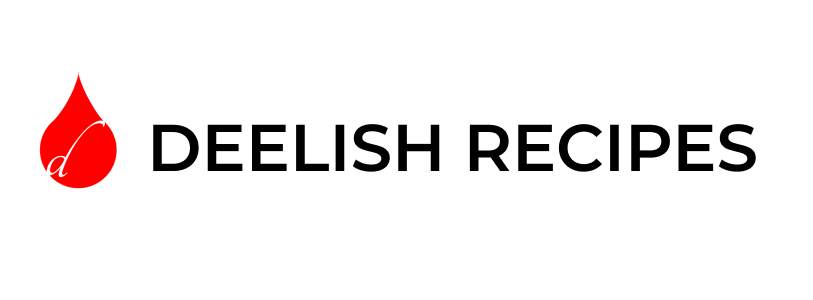Recipes Blogs Feature
 |
Baking
Bigger Bolder Baking
Home made Ice cream
Food
Souper Diaries- Chinese soup and South-east Asian Recipes, healthy Chinese soups recipes from Yvonne who is a mom of 3 children. Previously from Ipoh Malaysia, she's now based in Singapore.
Mytastychef
https://mytastychef.com/
- Identified as Chef David or My Tasty Chef ("My Tasty Chef") operates MyTastyChef.com and may operate other websites. Interesting video compilations about cake decorations and other tips on meal preparation.
Old Fashioned Recipes
WhatTheFork.com
- Sharon Lachendro from New England is the creator of 'What The Fork' blog that focuses more on gluten free recipes. She's also a cocktail shaker, coffee addict.
Fine Dining
FineDiningLovers.com
Best Chefs in the World
United States
Eater
Eater.com is the source for people who care about dining and drinking in the world’s best food cities. Eater is the one-stop-shop for food and restaurant obsessives, coming to you from 24 cities across North America with new adventures around the world.
Food Magazines of the World
Saveur
Saveur is a culinary-focused magazine and website that celebrates food and cooking from around the world. It covers a wide range of topics including recipes, cooking techniques, culinary travel, food culture, and stories behind traditional dishes. Saveur is known for its high-quality writing, stunning food photography, and in-depth exploration of global cuisines. The magazine and website aim to inspire readers to explore new flavours, ingredients, and culinary traditions, making it a popular resource for food enthusiasts and home cooks alike.
Gourmet
Gourmet magazine was a monthly publication of Condé Nast and the first U.S. magazine devoted to food and wine. Founded by Earle R. MacAusland (1890–1980), Gourmet, first published in January 1941, also covered "good living" on a wider scale.
The Gourmet brand continues to be used by Condé Nast for book and television programming and recipes appearing on Epicurious.com. Since the end of its regular run, Condé Nast has also used the Gourmet brand in a series of special edition magazines, covering niches ranging from grilling and Italian food, to quick recipes, holiday foods, and comfort foods.
The Art of Eating
Edward Behr, the founder and the main force behind The Art of Eating, is recognised for his thorough research and passionate writing about food and wine. The publication aims to inform its readers about how to find, appreciate, and enjoy the best food and drink, regardless of price.The magazine covers a wide range of topics, from detailed explorations of specific foods or ingredients, culinary traditions from around the world, to reviews of restaurants and wines. It is highly regarded for not only its content but also its approach to food journalism, which prioritises depth, authenticity, and a keen appreciation for the cultural and historical context of food.
The Art of Eating has evolved over the years, including digital offerings alongside its print publication, to reach a broader audience of food enthusiasts and professionals seeking insightful, well-researched information on the culinary world.
Food & Wine
Cook's Illustrated
Gastronomica
The journal of critical food studies
Fine Cooking
Cooking Light
Bon Appetit
The Spruce Eats
"Nofollow" is like a tag you put on links to tell search engines not to follow them. It's helpful for bloggers because:
You control which links get counted: You can use "nofollow" to decide which links on your blog are seen as important by search engines and which ones aren't.
It stops spam: By adding "nofollow" to links in comments or user-generated content, you can stop spammers from trying to trick search engines with low-quality links.
You avoid getting in trouble: Using "nofollow" correctly can help you avoid getting penalized by search engines for having too many paid or sponsored links.
You keep your blog's authority: By using "nofollow" on certain links, you can keep more of your blog's power for your important links rather than spreading it out too thin.
You follow the rules: Using "nofollow" helps you stick to the rules set by search engines, which is good for your blog's reputation.
For example, if you're writing a food blog and you link to a recipe you found on another website, you might add "nofollow" to that link if it's a sponsored recipe or if you don't want search engines to count it as a big endorsement.





0 comments